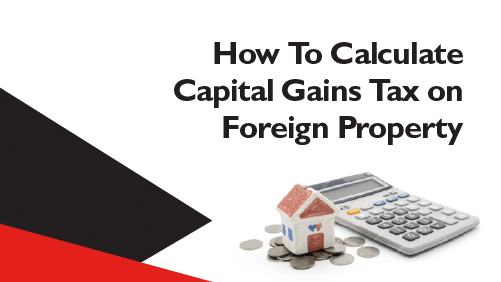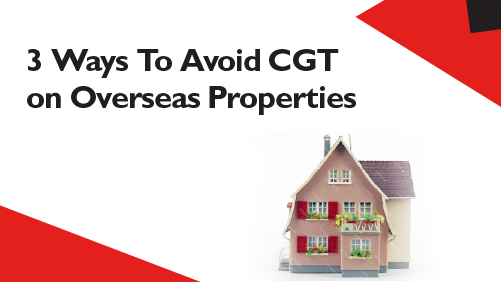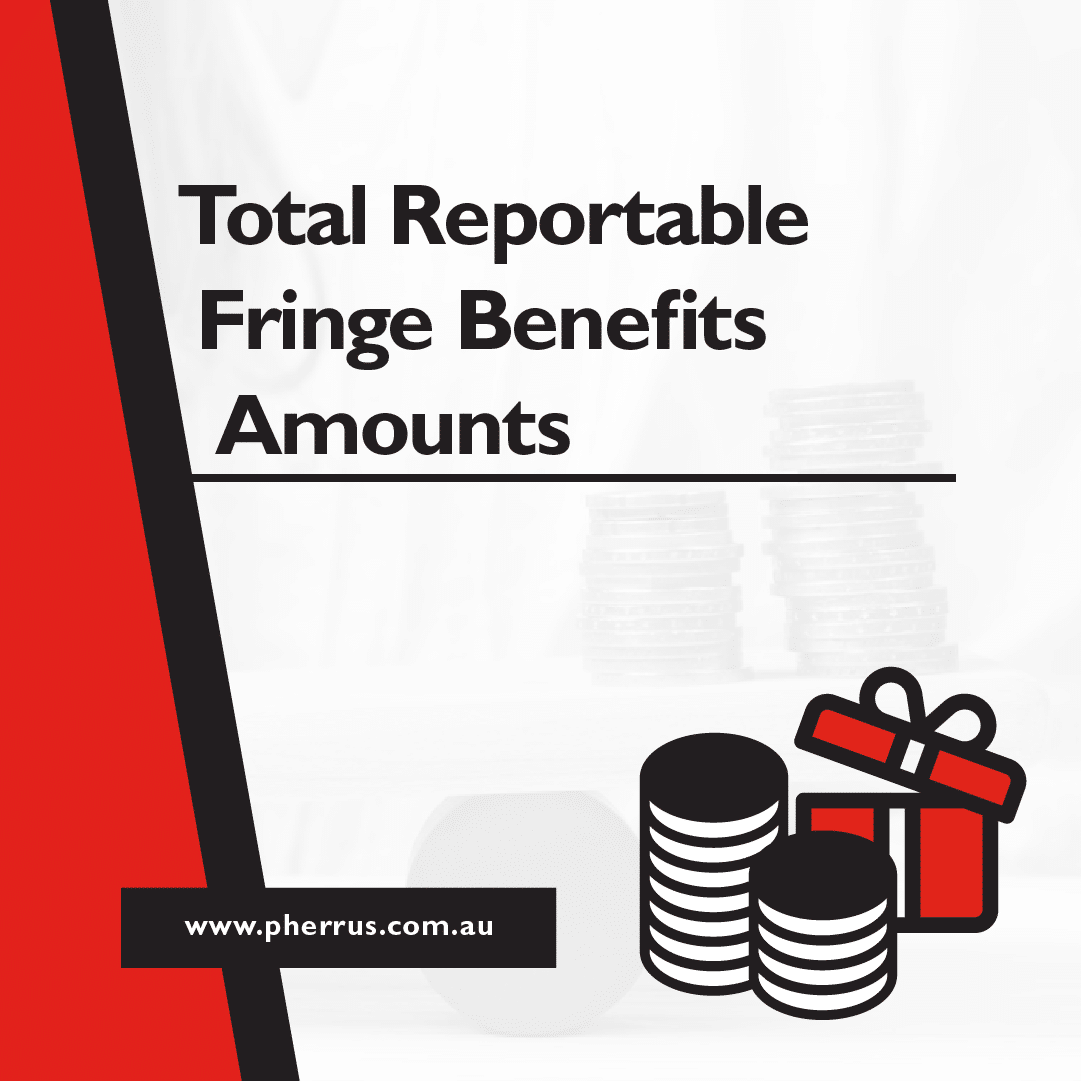Are you thinking of selling your holiday home abroad or cashing in on your overseas investment property?
It pays to pause before putting up a “For Sale” sign. Selling a foreign property can trigger Capital Gains Tax (CGT) in Australia.
This tax can take a surprising chunk out of your property’s sale profit.
But with the right strategies, you can reduce or even avoid CGT altogether!

Do I Have To Pay CGT on a Foreign Property?
If you’re an Australian resident for tax purposes and you sell an overseas property and make a profit, you must pay CGT on that gain to the Australian Taxation Office (ATO).
You will report the capital gain (or loss) in your Australian tax return for the income year in which the sale occurred.
However, if you’ve paid tax on the property gain in the country where it’s located, you may be eligible for a foreign income tax offset to reduce your Australian tax liability.
We’ll discuss this in more detail later.
Am I an Australian Resident for Tax Purposes?
This definition isn’t solely based on citizenship or visa status; it involves specific criteria that assess your living, family, and financial ties to Australia.
You may be considered an Australian resident for tax purposes if
- Your permanent home is in Australia.
- You temporarily visit another country and do not establish a permanent home there.
- You are physically present in Australia for more than half the income year (183 days or more), work in one job, and live at the same residence for most of that time.
- You are an Australian government employee working overseas and contributing to an Australian government superannuation scheme.

How To Calculate Capital Gains Tax on Foreign Property
When calculating capital gains on foreign property, the ATO requires all amounts to be converted into Australian dollars (AUD).
Here’s how to do it.
- Determine the cost base:
-
-
- Convert the amount you paid for the property into AUD using the exchange rate at the time of purchase.
- Convert any additional expenses (e.g., legal fees, stamp duty, improvement costs) into AUD using the exchange rates applicable when each cost was incurred. Add these to the property’s purchase price to determine the cost base.
-
- Calculate the capital proceeds:
-
-
- Convert the amount you received from the property’s sale into AUD using the exchange rate at the time of the transaction.
-
- Compute the capital gain or loss:
-
- Subtract the AUD-converted cost base from the AUD-converted capital proceeds. If the result is positive, it’s a capital gain; if negative, it’s a capital loss.
- If you’ve made a gain, this is added to your assessable income and taxed at your marginal tax rate.
- If you’ve made a loss, it can be used to offset capital gains in the same or future tax years.

3 Ways To Avoid CGT on Overseas Properties
1. Double Taxation Agreements
Australia has Double Taxation Agreements (DTA) with many countries to prevent you from being taxed twice on the same income, including capital gains.
So, if you’ve paid tax on the property gain in the country where it’s located, you may be eligible for a foreign income tax offset in Australia.
Just make sure you keep documentation of any taxes paid overseas to support your claim for offsets.
Each DTA is different, so it’s important to understand the specifics of the agreement with the country where your property is located.
2. Deductible Expenses
Certain expenses can be deducted from your capital gain, lowering the CGT you must pay.
These can include purchase and sale expenses like legal fees, agent commissions, and advertising costs.
Capital improvements can also be deducted. These are significant enhancements or renovations that add value to the property, extend its useful life, or adapt it to a different use.
For example, adding a new room, upgrading a kitchen, and installing energy-efficient systems.
Regular maintenance, such as painting and minor repairs, does not qualify.
Remember to keep detailed receipts and invoices to claim eligible deductions.
3. Capital Gains Tax Discount
You may be eligible for a 50% discount on your property’s capital gain if you’re an Australian resident for tax purposes and have owned the property for at least 12 months.
Trusts that have also held a foreign property for at least 12 months can pass the discount to individual beneficiaries who are Australian residents for tax purposes to apply to their share of the gain.
Non-residents and temporary residents do not qualify for the discount for foreign assets acquired after May 8, 2012. Foreign properties held through a company also don’t qualify.

Overwhelmed by CGT? We’re Here to Simplify It
Domestic and foreign CGT laws can be confusing. Making mistakes can mean missing out on big tax savings or even incurring penalties from the ATO!
So do yourself a huge favour and leave your foreign property tax planning to the experts! As experienced tax consultants, we can show you how to avoid Capital Gains Tax on foreign property.
We can also take care of all your property accounting needs.
Contact us today by filling out our online form or calling (02) 9099 9109 to book an appointment at our Bella Vista office in Sydney, NSW.

FAQs About How To Avoid Capital Gains Tax on Foreign Property
Where Is the Best Place To Live To Avoid Capital Gains Tax?
Simply moving to a country without CGT isn’t enough to avoid CGT on foreign property.
You would need to become a non-resident for Australian tax purposes.
This involves severing significant ties with Australia, such as selling your Australian home, relocating your family, and establishing a permanent home abroad.
If you successfully become a non-resident, certain countries, including Singapore, New Zealand, and Monaco, impose no CGT.
How Much Is Capital Gains Tax on Foreign Property?
The capital gain on a foreign property is calculated by deducting the property’s cost base (purchase price plus any associated costs) from the sale proceeds.
This gain is then added to your assessable income and taxed at your marginal tax rate.
If I Sell a Property Abroad, Do I Pay Tax?
If you’re an Australian resident for tax purposes, you’re subject to CGT on gains from foreign property sales.
If you’ve held the property for over 12 months, you may be eligible for a 50% CGT discount, meaning only half of the gain is taxable.
Additionally, if you’ve paid foreign tax on the gain, you may be entitled to a foreign income tax offset to reduce your Australian tax liability.





